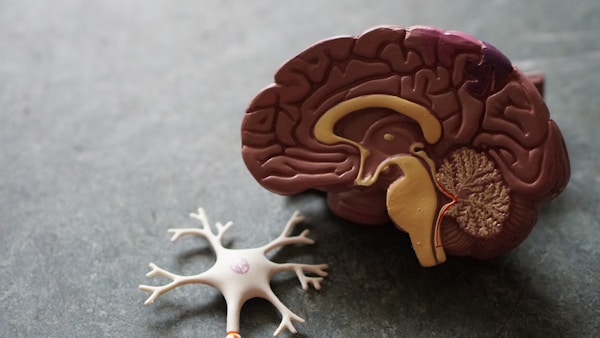Alzheimer’s disease is the most common form of dementia, a general term for memory loss and other cognitive impairments that seriously interfere with daily life. The disease usually starts slowly and gets worse over time, affecting a person’s ability to think, remember, and communicate. Alzheimer’s patients can be a challenge to work with, but with the right tools and techniques, it can be a rewarding experience. While it may seem overwhelming at first, there are many resources that can provide you with the support and advice you need. If you’re in need of more information, read on to learn about some useful tips for working with Alzheimer’s patients.
What are some tips for working with Alzheimer’s patients?

One of the most important parts of working with patients living with Alzheimer’s disease is having in-depth knowledge of symptoms and the different Alzheimer stages. Alzheimer’s disease (AD) is the most common form of dementia, a general term for memory loss and other cognitive impairments that seriously interfere with daily life. The disease usually starts slowly and gets worse over time, affecting a person’s ability to think, remember, and communicate. Alzheimer’s patients can often become disorganized and forgetful. You can help them stay organized by keeping their environment tidy and by providing them with reminders for key tasks.
If your goal is to work with Alzheimer’s patients, you can look for full-time and travel nurse jobs that involve caring for them and their families. Travel nursing provides many unique opportunities and it allows you to help address nursing shortages to give patients the quality care they deserve. Travel nurses who are compassionate and patient will be the most successful in this type of work. It is crucial to remember that the person is not acting out on purpose, and they should be treated with respect and understanding.
Caregivers for Alzheimer’s patients should create a routine and stick to it. This can keep the patient calm and comfortable, as they know what to expect each day. Routines can include things like eating meals at specific times, taking walks around the block, or reading stories before bed. Be patient when you’re creating a routine and try to make small changes gradually so the patient can adjust. If you’re a home nurse, you may want to discuss possible home modifications for the patient with their family.
What else should you know about Alzheimer’s disease?

Alzheimer’s disease is a progressive, neurodegenerative disease that affects the brain. It is the most common type of dementia and is characterized by memory loss and cognitive decline. Unfortunately, at the moment, Alzheimer’s disease is a terminal illness, and there is no known cure, though researchers are working to find one. The cause of Alzheimer’s disease is unknown, but it is thought to be caused by a combination of genetic and environmental factors. The disease typically begins with mild memory loss and cognitive decline and progresses to more serious symptoms. Symptoms can include confusion and disorientation or difficulty speaking and swallowing.
Although there is no cure for Alzheimer’s disease, there are treatments available that can improve the quality of life for those living with the disease. These treatments include medications to manage symptoms, therapies to improve cognitive function, and support services to help caregivers and loved ones manage the care of someone with Alzheimer’s disease. If you want to reduce your risk of developing Alzheimer’s, you should prioritize staying physically active, engaging in mentally stimulating activities, and eating a healthy diet.
Working with Alzheimer’s patients can be extremely meaningful. It is deeply fulfilling to be able to assist someone who is struggling with this disease. Overall, establishing a good relationship with the patient, being consistent and predictable, keeping communication simple and clear, and using positive reinforcement are all effective ways to help manage behaviors in patients with Alzheimer’s disease. Once you learn more about Alzheimer’s disease and how it affects patients, you’ll be better able to provide the kind of care that they need.









